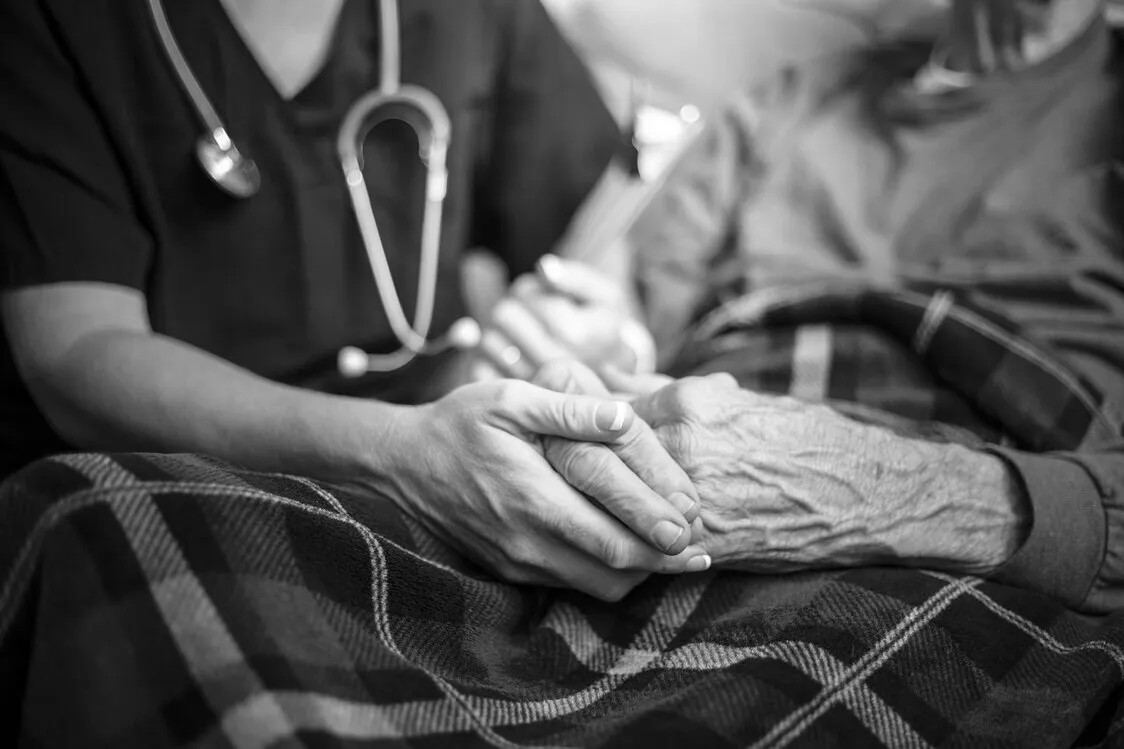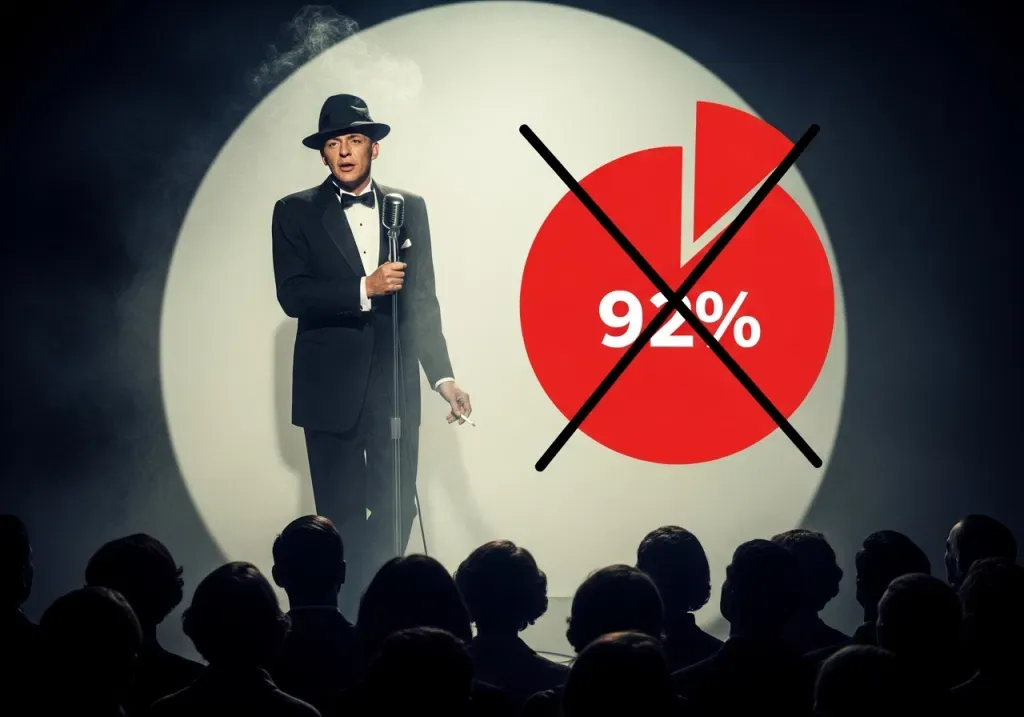Table of Contents
Spain’s Congress of Deputies, the lower house of Spain’s legislative body, has voted in favour of legalising euthanasia by a vote of 198-138.
On Thursday 17th December, the Spanish Parliament took the country one step closer to making euthanasia and assisted suicide legal. The legislation will now pass on to the Senate, where it is expected to pass.
”. The bill was opposed by the Popular and Vox parties.
The proposed legislation will allow both euthanasia and assisted suicide, whereas previous failed attempts to introduce legislation to the United Kingdom have only proposed to allow assisted suicide.
The criteria under which euthanasia and assisted suicide would be available in the proposed legislation appear to be much wider than that which was proposed for the United Kingdom. The text of the Bill opens up availability to include people with “serious, chronic and debilitating conditions or serious, incurable diseases causing intolerable suffering”.
“Signing death sentences for the weakest”
During the debate in Parliament, protesters gathered waving flags with skull-and-crossbones and signs reading ‘muerte’ (death). If the bill were to pass it could go into effect as soon as the spring and would permit patients to end their own lives through an assisted suicide or have a doctor end their life for them through euthanasia.
Lourdes Mendez, a member of the Vox party, slammed the bill as “signing death sentences for the weakest”.
Under the proposed new legislation, patients are supposed to be fully informed about their condition and presented with alternatives to suicide. They are also required to make a request the request for euthanasia or assisted suicide in writing twice, fifteen days apart. The bill also allows for conscientious objections from doctors who don’t want to participate in killing their patients.
Religious leaders have been outspoken in their opposition to this law.
“The experience of the few countries where it has been legalized tells us that euthanasia incites death to the weakest”, said the Episcopal Conference of Spain.
“By granting this supposed right, the person, who is experienced as a burden for the family and a social weight, feels conditioned to ask for death when a law presses him in that direction. The lack of palliative care is also an expression of social inequality. Many people die without being able to receive this care and only those who can pay for it count on them”.
Expanding euthanasia law
In what appears to be a pattern, across numerous jurisdictions which have introduced assisted suicide and/or euthanasia laws, overtime the legislation has gradually become more permissive as whatever safeguards were inserted into the law are eroded by doctors and activists.
Belgium legalised euthanasia in 2002, and since then the practise has even been extended to children. The current law allows euthanasia if the patient is in a state of constant physical or psychological pain.
There is now a renewed push for euthanasia to be available for those who are healthy but have decided they have a “fulfilled life”.
The Netherlands too legalised euthanasia in 2002. Since then the law has expanded to allow euthanasia for Dutch babies up to 12 months. Children between 12 and 16 can be euthanised with the approval of their parents.
Right To Life UK spokesperson, Catherine Robinson, said:
“The criteria under which euthanasia and assisted suicide would be available appear to be much wider than that which has been proposed during failed attempts to introduce legislation here in the UK in the past.”
“The Spanish Parliament looks likely to go down the same route as other countries which have legalised assisted suicide and euthanasia: start with a law which appears to be limited to specific situations before slowly expanding the law to include more and more vulnerable people. Evidence of this can be found in so many other jurisdictions which have made this error”.
“Fortunately, the Parliament in Westminster has consistently rejected attempts to legalise assisted suicide, recognising the inherent dangers within such laws, especially for the weakest and most vulnerable in our society”.

Please share this BFD article so others can discover The BFD.









